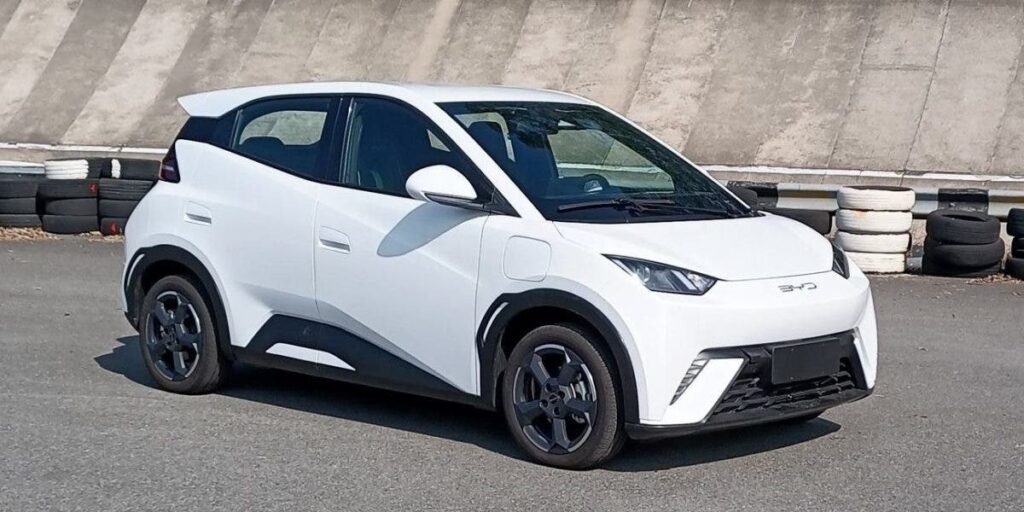The Biden administration plans to increase tariffs on electric cars made in China from 25% to 100%, potentially extending this to solar panels. This decision is part of a strategy to protect American manufacturing jobs and counteract the competitive pricing of Chinese electric vehicles (EVs). While this move aims to bolster the U.S. auto industry, it may slow the adoption of affordable EVs and renewable energy solutions, posing significant economic and environmental challenges.
The Electric Car Market Shake-Up
China’s electric car industry has been growing rapidly, with vehicles like the BYD Seagull selling for under $10,000. These low prices pose a threat to U.S. automakers, who fear losing market share to these affordable alternatives. Elon Musk has warned that without trade barriers, Chinese manufacturers could outcompete American companies. However, the Seagull’s smaller size and limited features may not meet American consumer expectations.
Impact on Domestic Auto Industry
The proposed tariffs are designed to protect U.S. jobs and manufacturing. For example, Volvo plans to introduce the EX30, a small SUV made in China, to the U.S. market. Despite the tariffs, companies like Volvo can offset these costs through domestic production and export credits. This highlights the complexity of international trade regulations and their impact on pricing and market dynamics.
Solar Panels Under Scrutiny
The Biden administration is also considering extending tariffs to Chinese-made solar panels. Currently, these panels have a two-year exemption to support the transition to renewable energy. However, increased tariffs could hinder the availability of affordable solar panels, slowing down efforts to reduce carbon emissions.
Balancing Trade and Environmental Goals
The U.S. faces a dilemma: protecting domestic industries while promoting the rapid adoption of clean energy technologies. Tariffs on Chinese-made solar panels and EVs could lead to higher prices, making it harder to achieve climate goals. At the same time, these measures aim to boost American manufacturing and create jobs, illustrating the challenging balance between economic protectionism and environmental sustainability.
Economic Realities in China
China’s economy is under strain due to years of rigid policies and weak domestic demand. The Chinese government has relied on exports to drive growth, leading to increased tensions with trading partners like the U.S. and the EU. As China faces internal economic pressures, it continues to push for export-driven growth, complicating global trade relations.
Future Implications
Increased tariffs and trade barriers may lead to a more protectionist global economy, with countries seeking to shield their markets from Chinese competition. This could further strain international relations and disrupt global supply chains. Additionally, economic instability in China could have far-reaching impacts on the global economy, highlighting the interconnectedness of international markets.
Navigating the Trade-Offs
The Biden administration’s tariff plan aims to protect American jobs and industries but comes with significant trade-offs. Higher prices for EVs and solar panels may slow the transition to clean energy, while economic tensions with China could lead to broader global instability. The challenge lies in finding a balance that supports domestic growth without undermining environmental and economic goals.
Looking for the best deals on Amazon products? Look no further! We have handpicked some of the most popular and top-rated products available on the platform. Click to see the collection.








